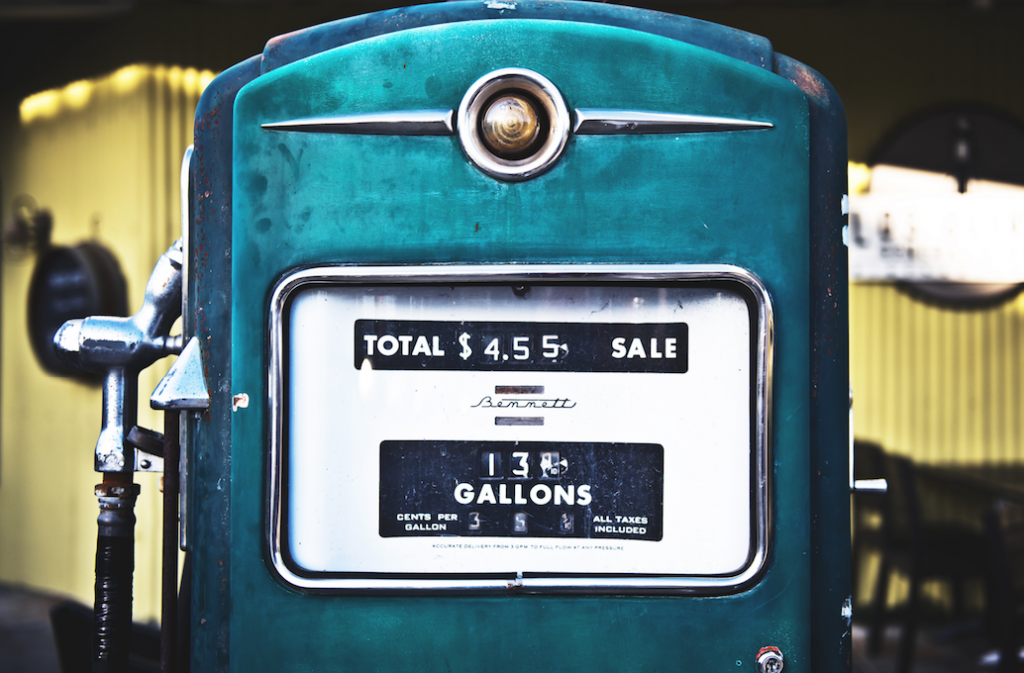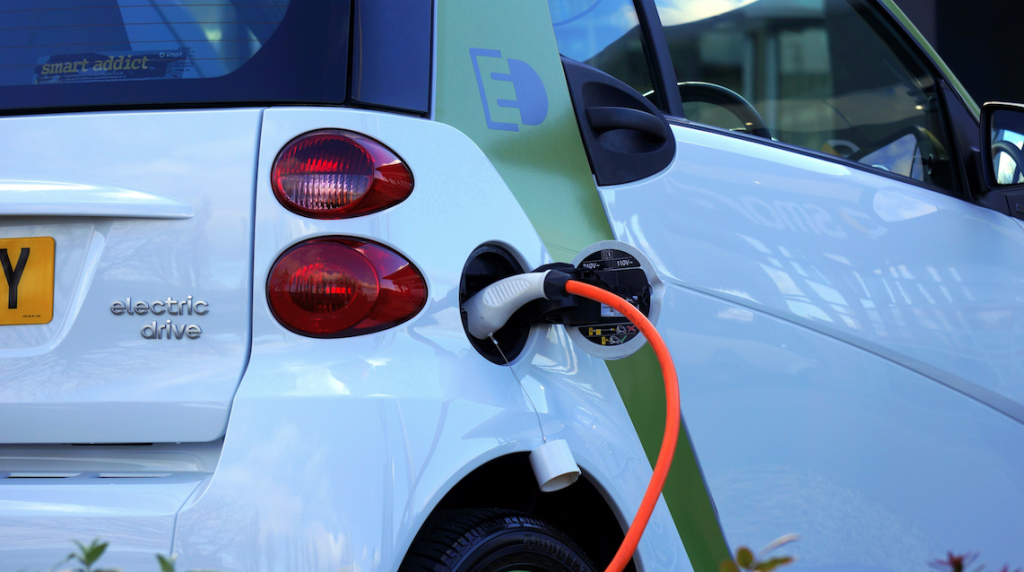For the average American family, transport costs are the second biggest expense after household bills. Many people are eager to find ways of saving money and investing in an electric car is an appealing option. But is it really that much cheaper than a gas-guzzler? Is a charging station more wallet-friendly than the gas station?
The price tag of electric vehicles is roughly $19,000 higher than gasoline-powered cars so if you’re going to make the investment, how much will you save in the long-run?
Scientists at NREL recently published a study in Joule journal about electric car tank savings. This is the most comprehensive study there currently is and their findings provide a resounding “YES” to whether or not electric cars will save you gas money.
On average, a gasoline powered car costs $1,117 to fill up per year but an electric vehicle only costs $485. If we break this down for every 100 miles driven, a petrol car costs $9.83 and an electric car only costs $5.27. Bear in mind that these figures will fluctuate depending on how much you drive, how frequently you juice and what state you live in.
Not all Equal: Which State Saves you the Most Money?

Gas prices differ across America and there are some states where it’s more economical to own an electric car than in others. As a rough measurement, a gallon of gasoline in 2019 cost 46 percent more on the West Coast than in states on the southern coastline. This means if you live in Portland you would save more money than someone based in Baton Rouge.
The state you’d save the least money by purchasing an electric car is Hawaii. On the island, it costs $1509 to fuel a gas car each year but $1106 to charge an electric vehicle.
The cheapest gas in the whole of the United States is in Alabama where it costs $993 a year to fill a gas tank but only $481 to charge your electric car.
It is most profitable to ditch your gas-guzzler in Washington state because here a car owner spends about $1338 on fuel compared to $372 charging an electric car each year.
Bang for your Buck: Where’s the Cheapest Place to Charge your Car?

Electricity costs also fluctuate depending on where you are and how powerful the charger is. For example, commercial electricity is only $0.08 per kWh in Nevada but (as expected) it leaps to $0.19 per kWh in The Golden State. If you own a Tesla, their Superchargers can fill up your tank in about 30 minutes but it costs roughly $23 for 300 miles. If you install a home charger and let your car slowly fill up overnight then you could save up between 30 and 50 percent of those costs. This means a San Francisco driver that relies on ultra-fast charging stations for 20 percent of their charging could see their average refilling costs shoot up from $0.78 a gallon to $1.35 a gallon.
Buying and installing your own EV charger costs roughly $1200 but it can be as low as $300 or as high as $4500. Your power bill will increase as a result but a way to get around this could be by installing solar panels in your house (a win for both the environment and your wallet).
Look Out for Government Initiatives

Many government initiatives exist to help those who want to transition to an electric car. For example, California’s Clean Cars 4 All program aims to assist low-income families living in polluted areas. Those who qualify may be entitled to a grant worth $9,500 to help purchase an electric vehicle.
Electric cars also qualify as a CAV (clean air vehicle) and grants drivers the privilege of using toll free or at a heavily discounted rate in HOV/carpool lanes. This benefit allows you to save both time and money as you skip traffic.
As well as the numerous other benefits of electric cars such fewer maintenance costs, lower carbon emissions and less noise pollution, it is now proven switching from a pump to a plug could generate hundreds of savings per year. Protect the planet and help your pocket too.



